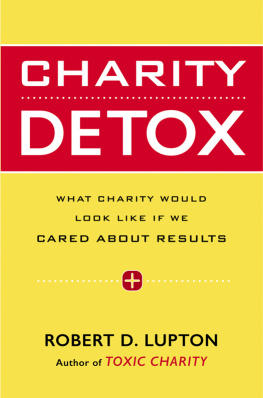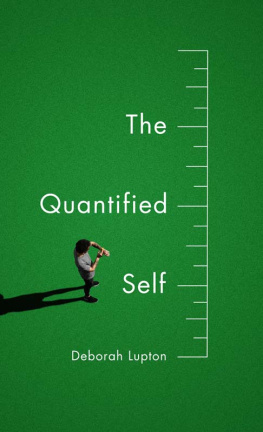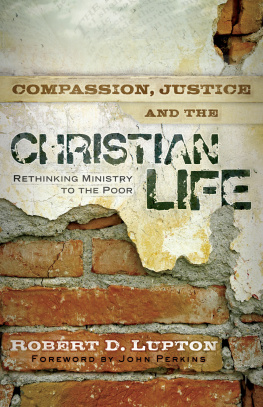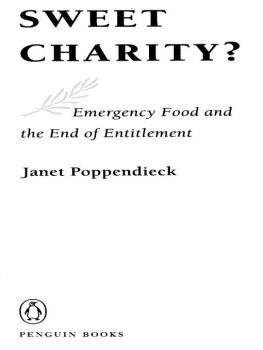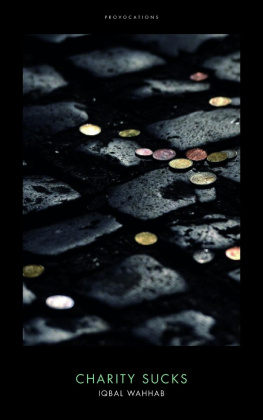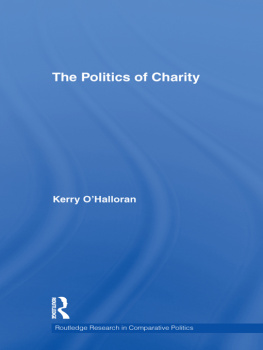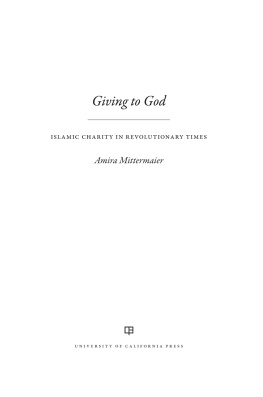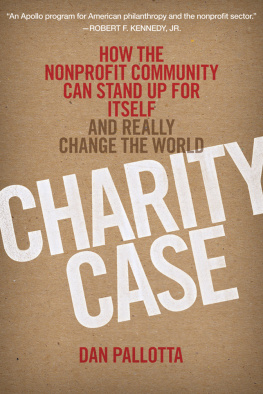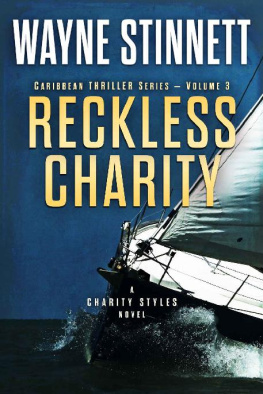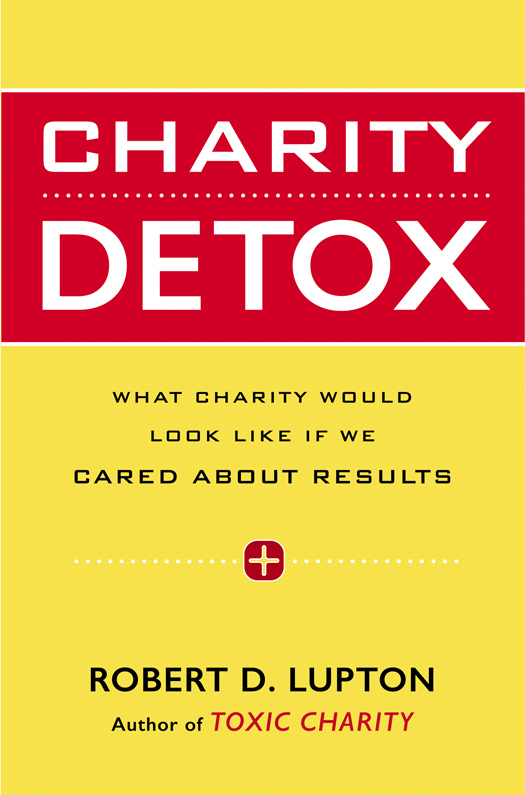CONTENTS
Guide
CHARITY OFTEN HURTS THE PEOPLE it was designed to help. No, I am not a right-wing lobbyist or think-tank libertarian. I am an urban activist who has worked with poor people for over four decades. This fact, that most non-crisis-specific charity is harmful, serves as an indictment of the field I work in, and so it is with a heaviness of heart that I report this sad and surprising truth. In 2011, I wrote Toxic Charity to shine the light of real-life experience on the largely unexamined impacts of philanthropy and aid. It was not my intention to offend generous givers; nor did I want to discourage kindhearted volunteers. But it was high time, I felt, for someone to admit the truth about a highly popular practice that was yielding troubling unintended consequences. I wasnt being unkind. I was just being honest. And I felt we should be doing much, much better than we were (and are currently) doing.
As a seasoned practitioner in community development work, I have witnessed firsthand how food, clothing, and money given to assist those in need more often than not produce unhealthy dependency and end up harming those the donation was intended to help. After four decades of living and serving among the poordecades spent coordinating hundreds of volunteer service projects and watching well-intentioned volunteers do for my neighbors what my neighbors should be doing for themselvesI felt it was finally time to take the risk of going public with the dirty little secret that on-the-ground charity workers know all too well but are loath to admit. The hard reality is that it takes more than compassionate hearts and generous gifts to elevate people in need out of poverty. In fact, giving to people in need what they could be gaining from their own initiative may well be the kindest way to destroy them.
My 2011 expos stirred up considerable controversy. People were surprised by my news. How could any reasonable person claim that charity does more harm than good? How could anyone argue that a hot meal and a clean bed are harmful to a hungry homeless man shivering in the cold? Or that a hot shower and a fresh change of clothes could be anything but beneficial to a woman who has been sleeping under a bridge? To even suggest such things, some people charged, was akin to suggesting that loving ones neighbor is a bad idea. Some even accused me of sabotaging the nobleindeed, biblicalcause of caring for the poor.
While I was hoping to create a lively discussion by writing Toxic Charity, I didnt write it to stir up controversy. More than ever, I stand behind the surprising truths I uncovered, not just during the writing of the book, but during my decades of work both with the poor and with charities and ministries that genuinely want to serve and make a difference in the lives of others. The fact is, we cannot serve others out of poverty, no matter how much we may want to. That is a core concept of both my mission and this book. And the reason I am so passionate about broadcasting this bad news about the status quo is that I care deeply about charitys goals and results: I want to move people out of poverty. That is my lifes work.
My calling first led me to found Family Consultation Service (FCS), an Atlanta-based nonprofit focused on the needs of inner-city youth and families in the community I came to call home. Over time the mission of FCS expanded into transforming entire urban neighborhoods, and its name was changed to Focused Community Strategies to more accurately describe its work. My commitment to moving people out of poverty then took me farther afield as I became an active board member of Opportunity Nicaragua and applied the principles learned in the United States urban experience to a developing country.
The insights I have learned through this workthrough project after project both here and abroadare counterintuitive. The truths I have learned are counterintuitive. For example, I believe now, as I did when I wrote Toxic Charity, that the only effective charity is the kind that asks more from those being served, rather than less. Asking for more sends an affirming message to the recipient that he or she also has something of value to offer.
Its easy to get discouraged about all the poverty in the world. After all, Christ himself said, The poor you will always have with you (Matthew 26:11 and elsewhere). As a result, we may feel helpless in the face of trying to solve the problem of global destitution. But in this book, I will offer inspiring new avenues that are open to us for making true and lasting change, especially through the use of social enterprise. This exciting shift from the traditional dynamic of charitable giving is a powerful weapon in the war against poverty.
In other words, I dont have only bad news to tell you. Many dedicated people who work among the poor are just as frustrated as I am with the non-results of our traditional methods. Many of them are pioneering new models of charity, ones that keep their eyes focused on what truly makes a difference. I will talk about these new models, and how we can support them, throughout this book. Following their lead is how we can best detox our toxic charity.
The work I have done in the past, and much of what I discuss in this book, concerns organizations that work with giving, but I will also outline how you, as an individual, can bring about meaningful change in the world and in the lives of others. This might take the form of teaching what you know about business to someone who can use this knowledge to better his or her life. Or it may mean being a good neighbororganizing a crime watch, being active in the PTA, and helping transform your community for everyone who lives there. Or it could be as simple as using the criteria I develop in this book as a guide to what charities and ministries you support financially. All of us, however, need to detox our charities and learn new rules in order for the results to match our ideals.
The Doctor Will Kill You Now
IS HURTFUL CHARITY BETTER than no charity at all? The answer is no. Take an honest look at the outcomes of our benevolencefrom the soup kitchen in inner-city Atlanta to the entire country of Haitiand the answer becomes obvious. Despite our most charitable efforts, the worlds poor are not emerging from poverty. The poverty gap in the United States is increasing; and across the globe, in those lands where our aid is most concentrated, the poor are getting poorer.
I understand how disheartening it can be to discover that ones sincere acts of caring harm the very ones we intended to help. The truth is disturbing, but if the poor are ever to emerge from poverty, we all have to face this truth, regardless of how it makes us feel.
As a sobering example of how entrenched wrong thinking can be, and why we need to work so hard in order to change our models, consider the eighteenth-century physician. Back then medical doctors were taught that the time-honored practice of bloodletting would help cure sick patients by removing bad or stagnant blood. Unchallenged for more than four thousand years, bloodletting was universally accepted as the most effective remedy for almost every disease. Although it seems archaic today, the prevailing theory before the circulatory system was fully understood was that blood could stagnate in the extremities. A buildup of bad blood was thought to cause all manner of maladies. The cure was to purge.
And everyone bought in. For eons. Ancient cultures like the Mesopotamians and Egyptians. Hippocrates, the father of modern medicine, endorsed bloodletting as an effective treatment. As did Socrates and Plato. The Talmud, the central text of Rabbinic Judaism, specified certain days for bloodletting, while early Christian writings offered advice on which saints days were most favorable for the practice. Bloodletting was prescribed for everything from cholera to cancer, tetanus to tuberculosis, gout to gangrene. The more blood, the better. In 1799, George Washington, suffering from a throat infection, requested that his physician drain four pints of blood. Not surprisingly, shortly after the procedure, Washington died.

